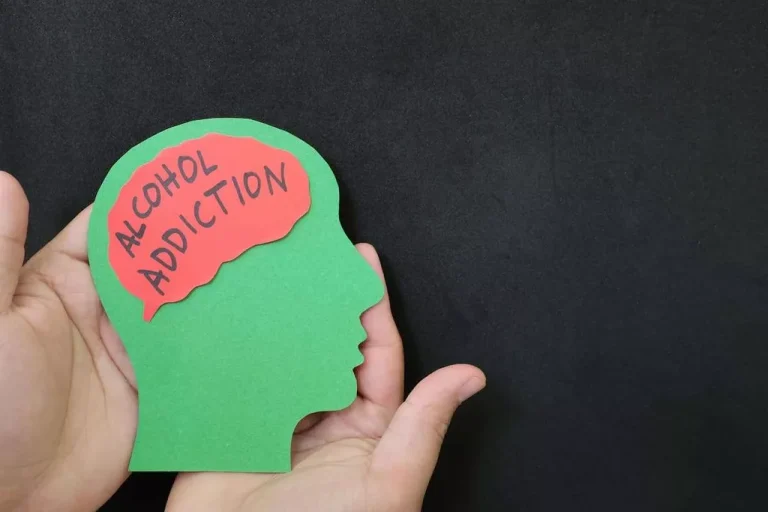As the craving abates, she may choose to not fill the prescription, use a non-opioid pain reliever, and attend the exercise therapy class for social support even if she cannot participate physically in the exercises. Substance use disorders (SUDs) are a pervasive public health problem with deleterious consequences for individuals, families, and society. Furthermore, SUD intervention is complicated by the continuous possibility of relapse. Despite decades of research, SUD relapse rates remain high, underscoring the need for more effective treatments. Scientific findings indicate that SUDs are driven by dysregulation of neural processes underlying reward learning and executive functioning. Emerging evidence suggests that mindfulness training can target these neurocognitive mechanisms to produce significant therapeutic effects on SUDs and prevent relapse.
People Also Viewed
Transcendental Meditation (TM) is a mantra meditation practice with potential efficacy in reducing stress. If you or a loved one is struggling with a substance use disorder, there is help available. The professional staff at English Mountain Recovery, located in the heart of Tennessee’s Smoky Mountains, will answer your questions and guide you through the recovery process using a combination of evidence-based and holistic therapies as you travel the road to a clean and sober life. Moving meditation involves practicing mindfulness while engaging in focused movement. You can practice in your own home or in a peaceful place outdoors, such as near a lake, or in a garden, park, or forest. Pay attention to all of the information your senses are receiving from the environment such as the sounds of birds, the crashing of waves, or the smell of flowers.
Mindfulness-based treatment of addiction: current state of the field and envisioning the next wave of research
Incorporating meditation into formal addiction treatment settings has shown promising results, complementing traditional therapies with a holistic approach. Meditation offers a natural healing process that can help individuals overcome addiction by instilling a sense of calm, fostering self-awareness, and strengthening mental resilience. By consistently practicing meditation, individuals can learn to observe their cravings as transient thoughts rather than immediate needs that must be satisfied. This shift in perspective can help break the cycle of automatic addictive patterns that are often difficult to overcome. In essence, through the practice of mindfulness, individuals gain a deeper understanding of their triggers and develop healthier ways to respond to them, thus facilitating recovery from addiction.
Try our FREE 100-day Mindfulness Challenge
In 2014, a randomized control trial (RCT), the gold standard trial for evaluating the effectiveness of interventions, was conducted by Bowen and colleagues. The study investigated how effective the Mindfulness-Based Relapse Prevention program would be compared to a standard relapse-prevention program and a conventional 12-step program. Six months following the intervention, the mindfulness-based program and the traditional relapse-prevention program were meditation for addiction more successful at reducing relapse than the 12-step program. One year later, the mindfulness-based program proved to be more effective than the other two in reducing drinking and drug use. Given that SUDs are chronically-relapsing conditions,50,58 any intervention for substance use should acknowledge the risk of relapse and take steps for prevention. In addition to relapse prevention, individuals with SUDs must also prepare for coping with a relapse.
Why Do You Need Mindfulness and Meditation in Recovery?
Mindfulness and Meditation in Recovery
- Over time, the individual may develop the motivation to reduce substance use or abstain entirely, at which point mindfulness may be useful for preventing relapse.
- Despite decades of research, SUD relapse rates remain high, underscoring the need for more effective treatments.
- More than a decade of research has demonstrated the promise of MBIs for intervening in SUDs and preventing relapse.
- The phrase “just like me” is sometimes used in mindfulness meditations to promote compassion.
- Your treatment team can help you to select a type of meditation that will benefit your addiction recovery.
- However, know it’s important to identify what caused it in the first place and how you can internally heal from and make peace with it.
- It is in stillness, not in continual activity, that we are free to discover our own personal truths that give meaning and purpose to our life.
- A recent systematic review from Sancho et al16 included 54 randomized controlled trials (RCTs) targeting either substance or behavioral addictions.
- The first author (ELG) developed the Mindfulness-Oriented Recovery Enhancement (MORE) intervention, and has received income from the MORE treatment manual (Garland, 2013) and therapist trainings.
- So now that you have relaxed so well, take a moment to listen to any messages that you may need that will help you towards your goal.
- The practice of TM, which is both feasible and safe, could be considered as 1 strategy to prevent or mitigate chronic stress and burnout.
- For instance, MBI non-responders might need a supplementary course of motivational enhancement therapy, computerized cognitive remediation, or booster sessions (see “The Need for Dose/Response Research” below) to enhance outcomes.
- Finally, we provide clinical recommendations about how these therapeutic mechanisms might be applied to intervening in SUDs and preventing relapse.
- Here we also provide clinical recommendations about how these therapeutic mechanisms might be applied to intervening in SUDs and preventing relapse.








Recent Comments